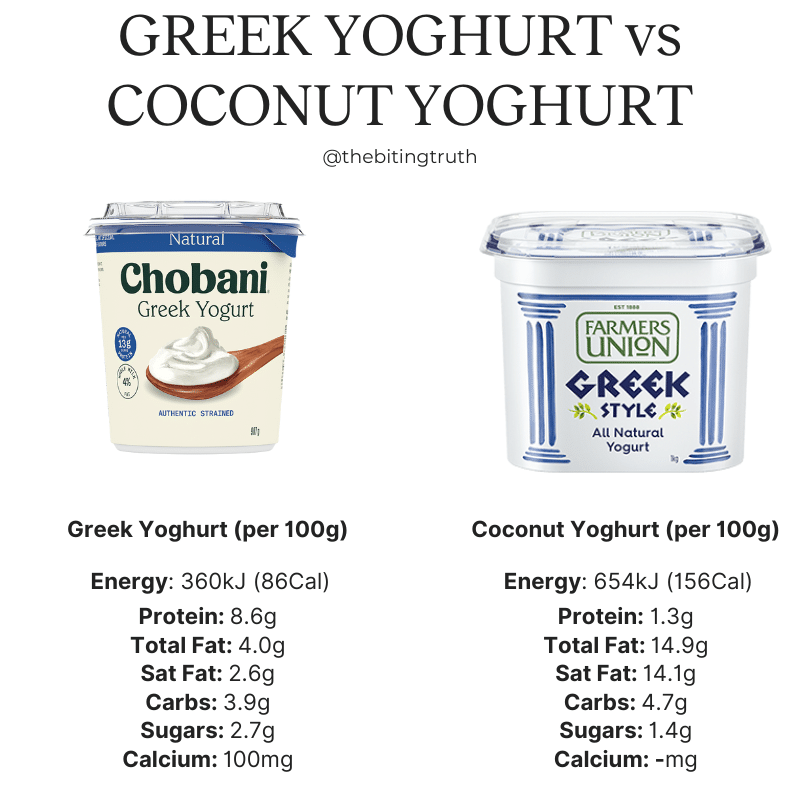Chobani yogurt offers several potential health benefits, primarily due to its base ingredients and nutrient profile, but choices within the range significantly impact its nutritional value.
Key Health Attributes
Minimal & Natural Ingredients: Core products (like Plain Non-Fat, Whole Milk Plain) typically contain just milk and live active cultures. This lack of artificial sweeteners, flavors, or thickeners is a significant health advantage.
High Protein: Chobani Greek Yogurt is particularly renowned for its high protein content. A serving provides 12-20 grams (depending on variety), promoting satiety and supporting muscle maintenance.

Probiotics: Contains live active cultures (like S. Thermophilus, L. Bulgaricus, L. Acidophilus, Bifidus) beneficial for gut health and digestion.
Nutrient Density: Good source of calcium (vital for bones), iodine (especially in dairy-based yogurts), vitamin B12, and potassium. Greek yogurt varieties concentrate nutrients due to straining.
Plain Versatility: Plain Chobani serves as a nutritious base for meals and snacks, allowing control over added sugars and toppings.
Important Considerations & Drawbacks
- Sugar Content: Flavored and Fruit-Flavored Varieties often contain significant added sugars. A single fruit cup can exceed 10-15g of sugar, nearing recommended daily limits. Always check nutrition labels.
- "Zero Sugar" Options: Products like Chobani Zero Sugar use artificial sweeteners (e.g., Acesulfame Potassium, Sucralose) or chicory root fiber. While providing sweetness without calories/sugar, the long-term health effects and suitability of these sweeteners are debated.
- Lactose Content: Contains lactose naturally, which may be problematic for sensitive individuals. Lactose-free options are available.
- Fat Content: Whole Milk varieties provide beneficial dairy fats (including satiating fat-soluble vitamins) but are higher in calories and saturated fat than non-fat/low-fat counterparts. This isn't inherently unhealthy but requires consideration within overall dietary intake.
Maximizing the Health Benefits
- Choose Plain: Opt for plain Greek or plain yogurt. Add your own fresh fruit, nuts, or a small drizzle of honey for flavor control.
- Scan Labels: Prioritize varieties with minimal ingredients (milk, cultures) and low added sugar content (ideally <7g per serving).
- Focus on Protein: Use it as a high-protein breakfast, snack, or ingredient in sauces/dressings.
- Balance Intake: Incorporate it as part of a varied diet rich in fruits, vegetables, whole grains, and lean proteins.
Conclusion: Plain Chobani Greek Yogurt is a highly nutritious food packed with protein, probiotics, and essential nutrients. However, the healthfulness dramatically declines in high-sugar flavored varieties. Choosing plain options or carefully scrutinizing labels for added sugar content is crucial to fully benefit from this yogurt's positive attributes.











